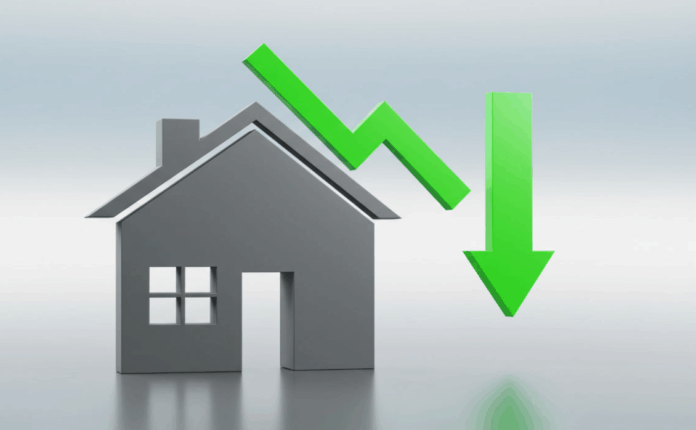Thinking about a home improvement project or need extra cash for a major expense? A second mortgage could be the solution. But before you dive in, understanding the intricacies of a second mortgage is crucial. This guide will provide you with a clear overview of everything you need to know.
What is a Second Mortgage?
A second mortgage is a loan secured by your home, taken out after you’ve already secured a first mortgage. It’s essentially a second lien on your property, meaning the lender has a claim on your home after your primary lender. This is different from a home equity loan, although both draw upon your home’s equity. Understanding the key differences between a second mortgage vs. home equity loan is critical to making an informed decision.
How Does a Second Mortgage Work?
The process involves applying to a lender (banks, credit unions, or online lenders). They’ll assess your credit score, income, and the value of your home to determine how much they’re willing to lend and at what interest rate. This interest rate is usually higher than a first mortgage because it is considered riskier for the lender. You’ll repay the loan over a set period, usually with fixed monthly payments. Make sure to carefully read the terms and conditions of your loan agreement.
Types of Second Mortgages
There are several types of second mortgages, each with its own benefits and drawbacks. These include home equity loans, home equity lines of credit (HELOCs), and even some specialized loans offered by certain lenders. Choosing the right type depends on your financial needs and goals. For more details on the differences, explore our article on different types of second mortgages.

Benefits of a Second Mortgage
Second mortgages provide access to funds for various purposes, such as home renovations, debt consolidation, or funding education. The major benefit is leveraging your home’s equity to access capital. However, it is crucial to be aware of the risks involved, such as potential foreclosure if you default on payments.
Risks of a Second Mortgage
The biggest risk is the potential loss of your home if you fail to make payments. Your credit score will also be negatively impacted. It’s essential to carefully budget and only borrow what you can comfortably repay. Before taking out a second mortgage, it’s recommended to seek advice from a financial advisor.
Calculating Your Affordability
Before applying for a second mortgage, it’s crucial to assess your debt-to-income ratio (DTI) and understand the total cost of borrowing, including interest and fees. Using an online mortgage calculator can help estimate your monthly payments and total cost.
The Application Process
Applying for a second mortgage typically involves providing financial documentation, such as pay stubs, tax returns, and bank statements. The lender will perform a credit check and appraisal of your home. The entire process can take several weeks to complete, so be prepared for a waiting period.
Conclusion
A second mortgage can be a valuable financial tool if used responsibly. However, it’s vital to fully understand the terms and risks involved before proceeding. Always borrow responsibly and only take out a loan you can afford to repay.
Frequently Asked Questions
What happens if I can’t make my second mortgage payments? If you fail to make your payments, you risk foreclosure. The lender can seize your home to recover the debt.
Can I use a second mortgage for any purpose? While many purposes are possible, some lenders restrict how the funds can be used. Always check with your lender.
How does a second mortgage affect my credit score? Applying for and taking out a second mortgage can temporarily lower your credit score. Making timely payments will help rebuild your credit.
What is the difference between a second mortgage and a home equity line of credit (HELOC)? A second mortgage is a fixed loan amount, while a HELOC is a line of credit that allows you to borrow against your equity up to a certain limit.
What are the closing costs associated with a second mortgage? Closing costs vary but typically include appraisal fees, loan origination fees, and title insurance. You should factor these into your budget.



